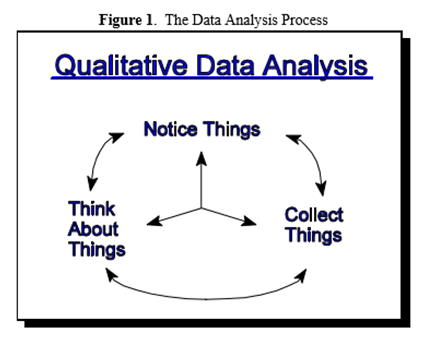Analytical tools for qualitative research
Qualitative Dissertation Consulting
Expertises at Statswork are well trained in Qualitative Dissertation, who can guide you to bring out the best qualitative dissertation work. In general, Qualitative Dissertation is a qualitative kind of research done by the researcher, but it is an extensive process. The qualitative data contains only words and observations; not the numbers. This type of research is generally applicable in market research. Qualitative dissertation is the most effective when compared to other types of research.
Statswork qualitative dissertation consulting is using the NVIVO 8 to discover in-depth themes in the dissertation topic. Let me elaborate, how are we managing and organizing a qualitative data.
How to manage a qualitative data:
NVIVO 8 is the software which helps from the basic analysis of data till the interpretation of results. This software easily imports the data into the NVIVO 8 “Sources” navigation pane. The “Sources” navigation pane can gather all your research materials or sources used for collecting the data. The sources can be documents, videos, audios or some pictures.
The imported data is then arranged as per the requirement of the scholar and connected to “Nodes”. The “Nodes” help to give codes to collected data and organize it. The most important types of qualitative data nodes are “free” and “tree” nodes. Free nodes are generally used for open coding where you can open-mindedly unravel the substance of the data. Tree nodes are used within a hierarchal tree-structure. This node is used when you find out different sub-topics. In simple words, free nodes are an idea, where the tree nodes are the unit of many free nodes.
Queries in NVIVO 8 have a tendency to ask questions based on the data. Queries are the initial step in analyzing your data. This will help you clarify your questions on the data, find sample and you can completely investigate your data. It also helps to observe the frequency in which words occur. For example, in set of words “hunger”, “hungry,” and “stress” were frequently occurring words. So, both of these words can be put into “free” nodes, and then distorted (negative affect) in to a tree node.
Matrix coding option is available in the queries navigation bar. This coding type helps to create a table by comparing different groups in your data. With this coding, you can identify the complete narration of your data. This also allow you to look at the frequency of tree node negative affect and association that occur in the same way.
The most advantage in using NVIVO 8 is the organizing data. As soon as, you start coding your data in to the nodes and carry out queries, your data will be saved. These saved data will be in a paragraph or as quotes. This is very less time consuming process for the researcher.






